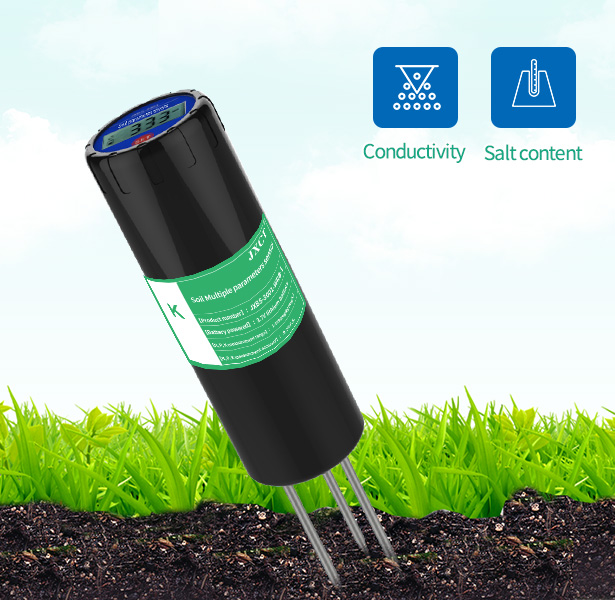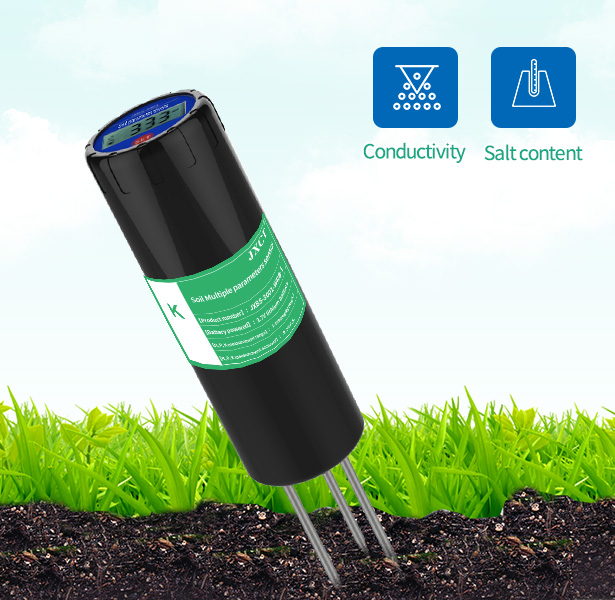Crop yield prediction is a vital aspect of modern agriculture, as it helps farmers plan their operations, estimate production, and make informed decisions. Traditionally, predicting crop yields relied on historical data, weather patterns, and subjective assessments. However, with the advent of soil sensors, a new era of precision farming has emerged. In this article, we will delve into how soil sensors revolutionize crop yield predictions and the significant benefits they bring to farmers and the agricultural industry.
Real-Time Soil Monitoring
Soil sensors offer real-time monitoring of critical soil parameters such as moisture content, nutrient levels, temperature, and salinity. This continuous and accurate data allows farmers to understand the dynamic changes in soil conditions throughout the growing season. By analyzing this information, farmers can identify potential stress factors such as water shortages or nutrient deficiencies, and take immediate action to address them. Real-time soil monitoring empowers farmers with actionable insights, enabling them to optimize crop growth conditions and maximize yields.
Precise Irrigation and Nutrient Management
Water and nutrient management are key factors that influence crop growth and productivity. Soil sensors provide farmers with precise information about soil moisture levels and nutrient availability. Armed with this data, farmers can fine-tune their irrigation strategies, ensuring that crops receive the right amount of water at the right time. Similarly, by accurately gauging nutrient levels, farmers can tailor fertilizer applications to meet specific crop requirements, avoiding both over- and under-fertilization. The result is improved resource efficiency, reduced environmental impact, and enhanced crop performance.

Data-Driven Decision Making
The wealth of data generated by soil sensors plays a pivotal role in crop yield predictions. By integrating soil sensor data with advanced analytics and machine learning algorithms, farmers can derive valuable insights. These insights help in identifying correlations, patterns, and trends that contribute to accurate yield predictions. Farmers can make data-driven decisions regarding optimal planting time, crop variety selection, and even field zoning for precise management. Data-driven decision making empowers farmers to maximize yields, minimize risks, and plan for the future effectively.
Early Detection of Plant Stress and Diseases
Soil sensors can detect early signs of plant stress or diseases by monitoring physiological changes in the soil. For example, changes in soil moisture levels or nutrient imbalances may indicate plant stress, while alterations in salinity levels may suggest the presence of soil-borne diseases. By receiving timely alerts, farmers can implement proactive measures like adjusting irrigation schedules, implementing pest control strategies, or employing disease management practices. Early detection and prompt action significantly reduce crop losses and improve overall yield predictions.
Integration with Precision Farming Technologies
Soil sensors seamlessly integrate with other precision farming technologies, such as GPS-guided machinery and remote sensing systems. This integration allows for precise mapping and monitoring of soil variability within a field. By understanding soil heterogeneity, farmers can implement site-specific management strategies, including variable rate irrigation and fertilization. Such targeted approaches optimize resource allocation and enhance crop yield predictions, ensuring that each part of the field receives the necessary inputs for optimal growth.
Conclusion
Soil sensors have revolutionized the way farmers predict crop yields. By providing real-time soil monitoring, precise irrigation and nutrient management, data-driven decision making, early detection of stress and diseases, and integration with precision farming technologies, soil sensors empower farmers with unprecedented insights and control over their crops. Accurate yield predictions enable farmers to plan effectively, optimize production, and increase profitability while promoting sustainable agriculture. As technology continues to advance, soil sensors will continue to play a vital role in shaping the future of agriculture and ensuring food security worldwide.






